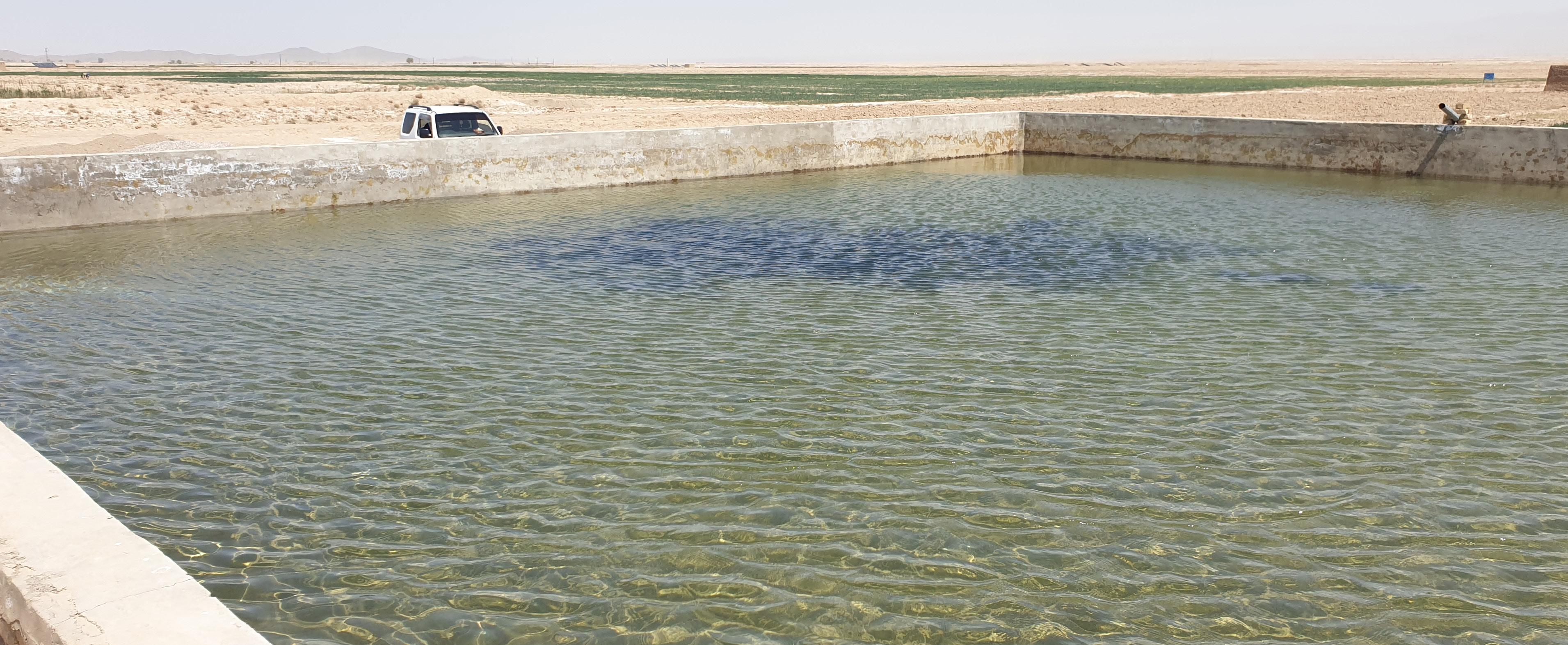
2 minute read
Health Impacts
As the Kashmiri mother from Patikka describes, the decline in food production and subsistence farming has not only taken a financial and environmental toll but also impacts health and nutrition. Throughout the research process, women continually raised concerns about the declining health of themselves, their families, and especially their children.
“Before, we ate organic food that we grew ourselves, but now we don’t have organic food and this impacts our health. We now have many diseases. For example, we have more cases of diabetes, our blood pressure is higher - this is something common today but before this was not the case.”
“When people used to eat home-grown food, there were less medical problems.” “Because of the difficulties with the weather, many people have begun to use chemical fertilizers on their crops.
But the fertilizers affect nutrition because they make the crops mature immediately and they do not have the same nutritional value.”
“Life has totally changed nowadays - we used to live in a different world, where people raised livestock and grew lentils and vegetables all the time. We grew organic food that was highly nutritious. The risk of disease then was very low. Now the abrupt changes in weather causes devastating impacts upon our children.”
“Many of us these days have weak bones because of our lack of proper nutrition. We also have more skin issues and hormonal imbalances because we can’t have good diets.”
In collaboration with community members and the AJK Agricultural Department, Islamic Relief experts have developed several fruit orchards as part of the GAP program. At the beginning of the project a needs assessment was conducted, after which, a plan species was chosen to develop based on what fruit would survive and provide the highest yield, prioritizing indigenous species.
In this instance, apples were selected. As a result of this careful selection process and planning — because of their ability to grow in a temperate environment with significant sunlight for photosynthesis — the orchard has had a 100% germination rate.
Currently, this orchard is growing 100 apple trees. The Agricultural Department is engaging in technical training with an emphasis on women, and Islamic Relief has created orchard toolkits and training to give to rights-holders. To make the most of a limited space, Islamic Relief is encouraging rights-holders to engage in multi-cropping in order to provide grazing space for livestock and further greenery to counterbalance emissions. Likewise, Islamic Relief is meeting with the community to discuss best practices for storage and preservation of the fruit so that they can take full advantage of the yield. Some of these methods include how to preserve fruit, how to dry fruit, create pickles and jams, etc.
Because this project has been so successful in the community, other community members are now replicating it themselves. As one rights-holder at this project remarked, “We are working hard [at this orchard] and should put forward our very best to protect the climate.”










